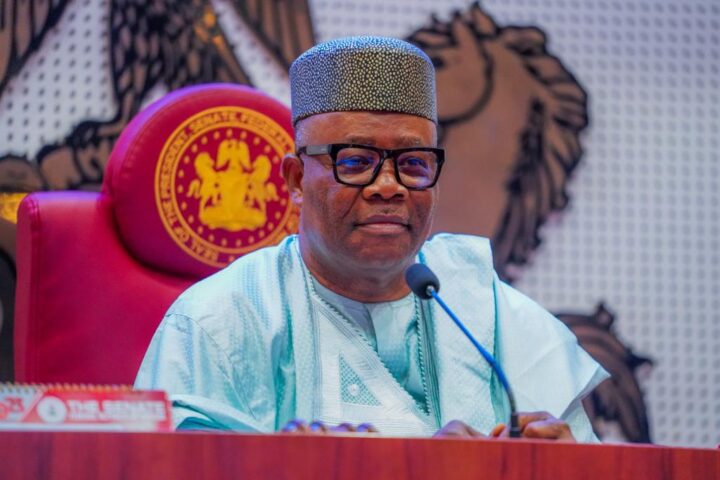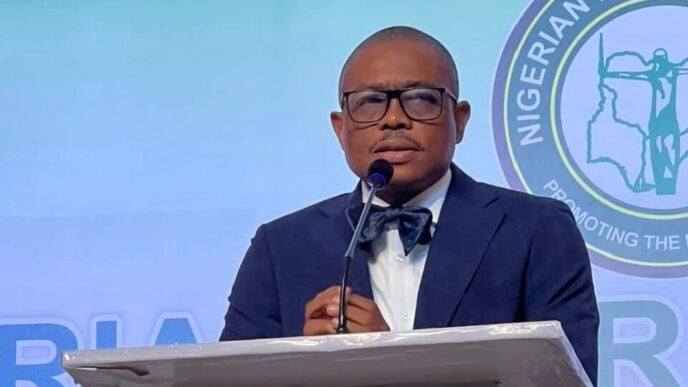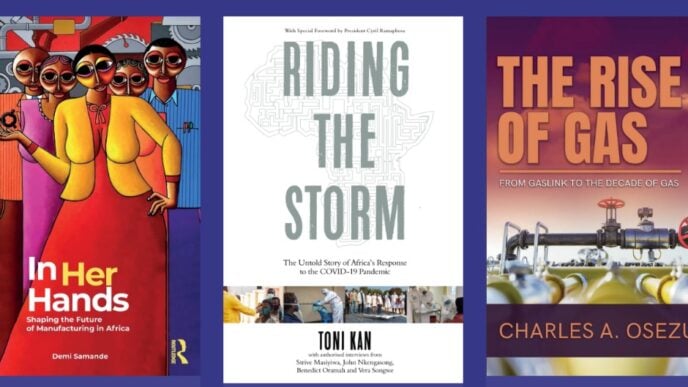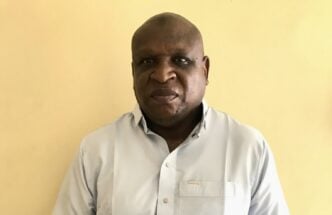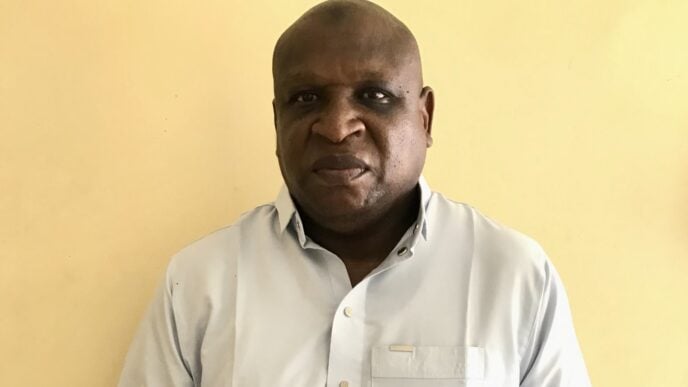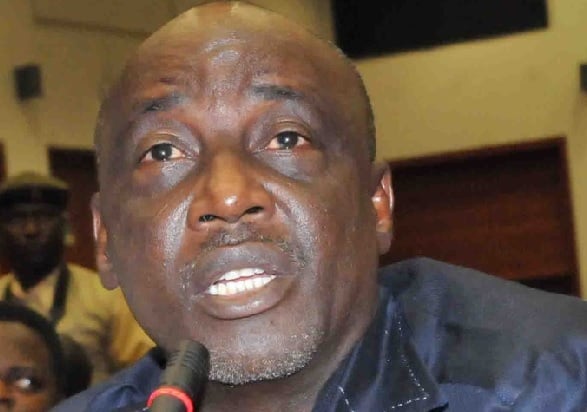Senate President Godswill Akpabio.
Senate President Godswill Akpabio says the national assembly will enforce a law mandating a minimum of 30 percent local value addition before any raw material is exported.
Akpabio spoke on Wednesday when he received members of the Raw Materials Research and Development Council (RMRDC), led by Nnanyelugo Martin Ike-Muonso, the council’s director-general, at his office in Abuja.
According to a statement by Jackson Udom, the lawmaker’s special assistant on media, Akpabio described the proposed amendment to the RMRDC Act as a “moral compass” for other African countries.
“If any of the values were to be added in Nigeria before exporting them, we would have had at least, a factory for those chains that would have also created jobs for our people outside what the farmers are doing,” he said.
Advertisement
“Technological shifts would have also come in in terms of innovations.”
Akpabio said Nigeria’s renewed commitment to research and value chains must be matched with legislative support.
“It is quite unfortunate that we produce cocoa in Nigeria but end up importing same cocoa products from outside the country at a higher cost and without any input,” the politician said.
Advertisement
‘SOLID MINERALS SECTOR SUFFERS MOST FROM LACK OF VALUE ADDITION’
The lawmaker commended Onyekachi Nwebonyi, deputy chief whip of the senate, for sponsoring the amendment bill.
He noted that the solid minerals sector suffers the most from a lack of value addition.
“The most pathetic is the solid mineral sector because we are not adding any value before we sell it,” the senate president said.
Advertisement
“The result is you sell it at a very cheap rate and if you sum it up, you will see that development in Africa in 2025 is still in a primitive state when it comes to recognising and utilising the potentials available within its domain.
“Poverty is really biting harder because of nothing but ignorance.”
Akpabio urged the council to begin sensitising Nigerians, especially schoolchildren, on the value of raw materials and solid minerals.
“Nigerians and children in secondary schools should be taught something about raw materials, solid minerals for recognition wherever they found one,” he said.
Advertisement
“We must not allow this to continue. If we now assist you by passing the bill and the president signs it into law, Nigeria would have taken the step to ensure that whatever raw material is to be taken out of this country, must be given added value of at least 30 percent.”
Earlier, Ike-Muonso thanked Akpabio for the audience and expressed confidence in the senate’s support for the bill.
Advertisement
“We have seen the reforms like the Tax Administration Bills, but the one that concerns us most is the bill to amend the Act of the Raw Materials Research and Development Council, which is primarily to ensure that we do not export raw materials out of the country without it having at least, 30 percent of value-added,” he said.
“It is indeed Nigeria’s and Africa’s number one bill that will change the fortune of this country because Nigeria is a leader in the continent.”
Advertisement
The director-general also invited Akpabio to the upcoming Africa Raw Materials Summit scheduled for later this month.
On April 28, the Nigerian Export Promotion Council (NEPC) said the country’s non-oil exports recorded $1.79 billion as revenue in the first quarter (Q1) of 2025.
Advertisement
NEPC said it reported the highest value of export since it was established 49 years ago, with a year-on-year increase of 20.77 percent from $4.517 billion in 2023 to $5.456 billion in 2024.
